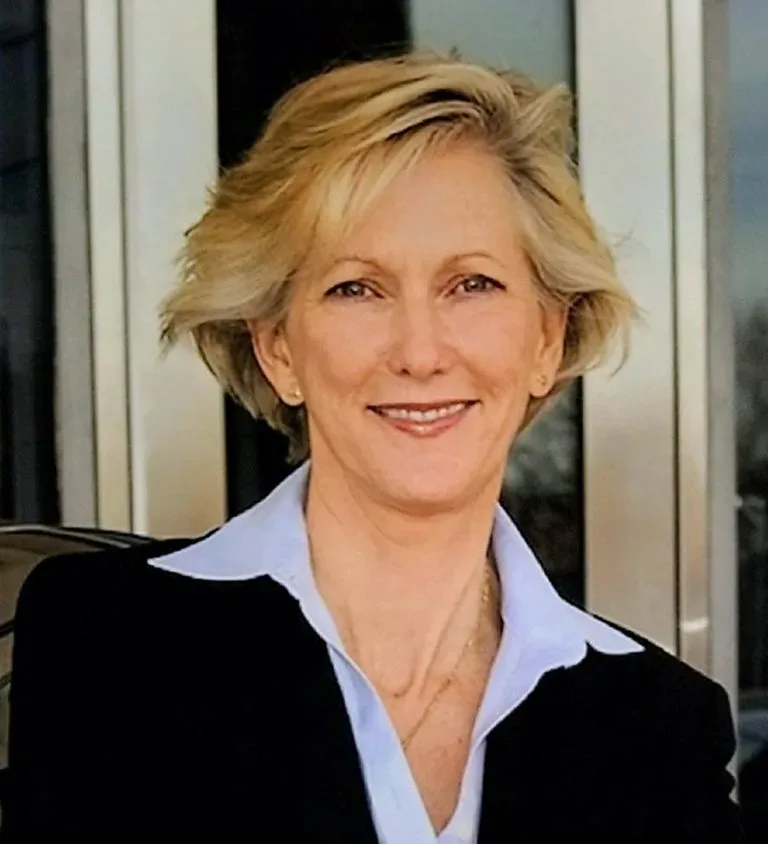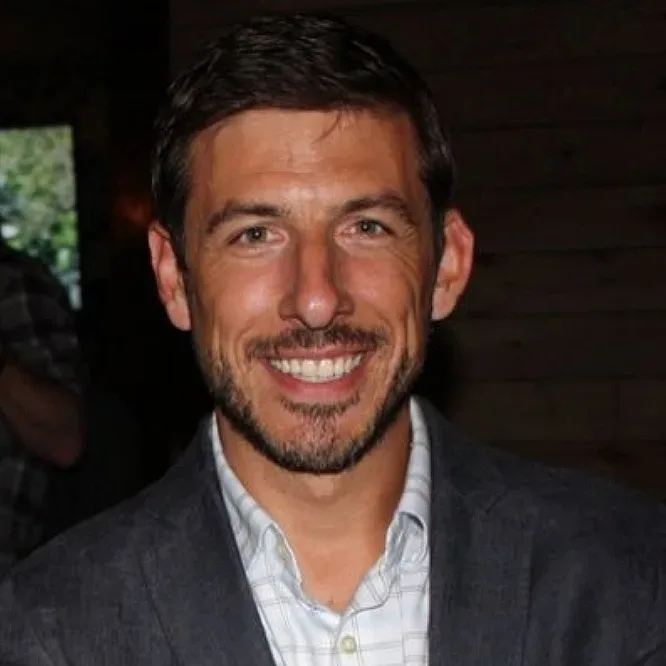The essential role of dissent in government
The ongoing global health crisis has revealed the costs of a government unwilling to correct its course. While the Trump administration carries disdain for contrary opinions to a new level, the culture of the federal government has long dismissed voices of dissent, frequently to our peril. In her book, The Dissent Channel: American Diplomacy in a Dishonest Age, Elizabeth Shackelford shares her personal experience as a diplomat trying to push back against the status quo, and offers insight into the State Department’s long history of ignoring others who have tried to do the same. Watch a recorded Zoom panel with Elizabeth and Ambassador Nancy McEldowney as they discuss with moderator Andrew Albertson how a healthier culture of dissent is necessary for a more effective national security strategy. This event was co-hosted by Quincy Institute and Foreign Policy for America, and took place on Friday, May 22, at 2 PM EST.
Panelists

Elizabeth Shackelford
Elizabeth Shackelford was a career diplomat in the U.S. State Department until December 2017, when she resigned in protest of the Trump administration. During her tenure with the Foreign Service, Shackelford served in the U.S. embassies in Warsaw, Poland, South Sudan, Somalia, and Washington, D.C. For her work in South Sudan during the outbreak of civil war, Shackelford received the Barbara Watson Award for Consular Excellence, the State Department's highest honor for consular work. Shackelford is a non-resident fellow with the Quincy Institute for Responsible Statecraft.

Ambassador Nancy McEldowney
Ambassador Nancy McEldowney is the Director of the Master of Science in Foreign Service (MSFS) program at Georgetown University. Prior to joining MSFS in 2017, Ambassador McEldowney served as Director of the Foreign Service Institute (FSI), the U.S. government's premier foreign affairs training provider, following her appointment to the position by then-Secretary of State John Kerry in 2013. Her distinguished career includes serving as Director of European Affairs on the National Security Council Staff, Principal Deputy Assistant Secretary in the Department of State’s Bureau of European and Eurasian Affairs, Deputy Chief of Mission in Turkey and Azerbaijan, and Ambassador to Bulgaria.

Andrew Albertson
Andrew Albertson is the executive director of Foreign Policy for America, a national organization that works to strengthen support for principled American engagement in the world by promoting sound policy and helping elect champions to Congress. Prior to founding FP4A, Andrew worked at USAID's Office of Transition Initiatives (OTI), where he was Deputy Regional Representative for OTI's programs in the South and Southwest regions. In work for Creative Associates International, he directed programs in Libya that built the capacity of civil society organizations and municipal governments. From 2007 to 2010, Andrew was the founding executive director of the Project on Middle East Democracy (POMED), a nonpartisan, nonprofit organization dedicated to examining how genuine democracies can develop in the Middle East and how the U.S. can best support that process. Andrew is a Fellow with the Truman National Security Project and recently co-directed the organization’s Fragile States Working Group. He received a Master of Science in Foreign Service degree from Georgetown University, where he was the Huffington Fellow at the Institute for the Study of Diplomacy.
